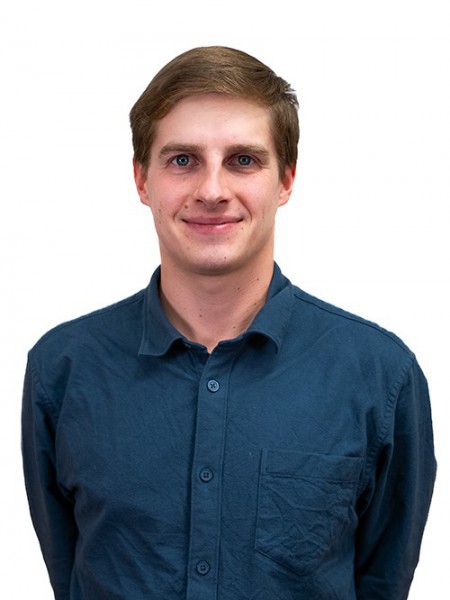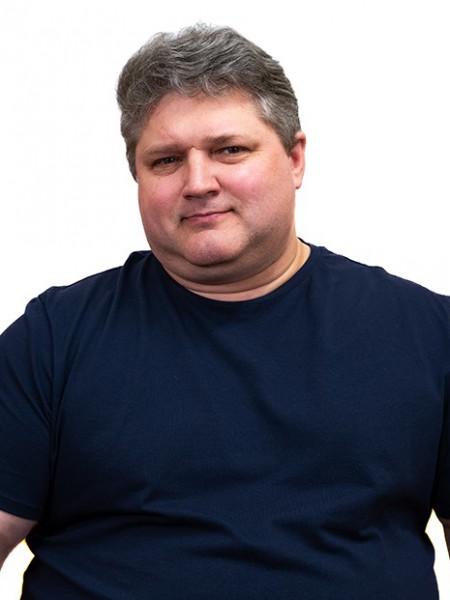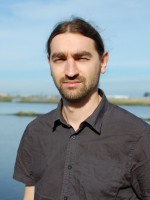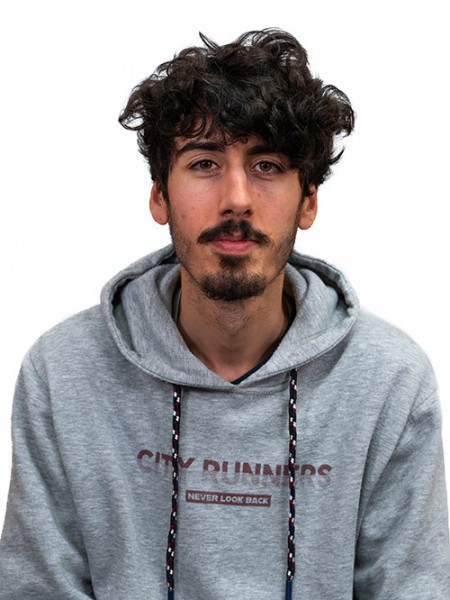abstract
The present work explores the possibility of incorporation of silicon into the crystal structure of Ruddlesden-Popper La2NiO4+delta mixed conducting ceramics with the aim to improve the chemical compatibility with lanthanum silicate-based solid electrolytes. Ceramics with the nominal composition La2Ni1-ySiyO4+delta (y = 0, 0.02 and 0.05) were prepared by the glycine nitrate combustion technique and sintered at 1450 degrees C. While minor changes in the lattice parameters of the tetragonal K2NiF4-type lattice may suggest incorporation of a small fraction of Si into the Ni sublattice, combined XRD and SEM/EDS studies indicate that this fraction is very limited (MUCH LESS-THAN2 at.%, if any). Instead, additions of silica result in segregation of apatite-type La10-xSi6O26+delta and La2O3 secondary phases as confirmed experimentally and supported by the static lattice simulations. Both total electrical conductivity and oxygen-ionic transport in La2NiO4+delta ceramics are suppressed by silica additions. The preferential reactivity of silica with lanthanum oxide opens a possibility to improve the compatibility between lanthanum silicate-based solid electrolytes and La2NiO4+delta-based electrodes by appropriate surface modifications. The promising potential of this approach is supported by preliminary tests of electrodes infiltrated with lanthanum oxide.
keywords
ELECTROCHEMICAL-BEHAVIOR; ELECTRONIC TRANSPORT; APATITE ELECTROLYTE; IONIC-CONDUCTIVITY; OXIDE CATHODES; FUEL; PERFORMANCE; CONTACT; PROGRAM; ND
subject category
Engineering
authors
Zakharchuk, K; Bamburov, A; Naumovich, EN; Vieira, MA; Yaremchenko, AA
our authors
Projects
Carbon-depolarized high-temperature steam electrolysis (CARBOSTEAM)
acknowledgements
This work was supported by the project CARBOSTEAM (POCI-01-0145-FEDER-032295) funded by FEDER through COMPETE2020Programa Operacion-al Competitividade e Internacionalizacao (POCI) and by national funds through FCT/MCTES, and by the project CICECOAveiro Institute of Materials (UIDB/50011/2020 and UIDP/50011/2020) financed by national funds through the FCT/MCTES and when appropriate co-financed by FEDER under the PT2020 Partnership Agreement. PhD scholarship of K.Z. is funded by the FCT (grant SFRH/BD/138773/2018). PhD scholarship of A.B. is funded by the FCT (grant SFRH/BD/150704/2020).





